
A new crypto broker license issued by VARA in UAE
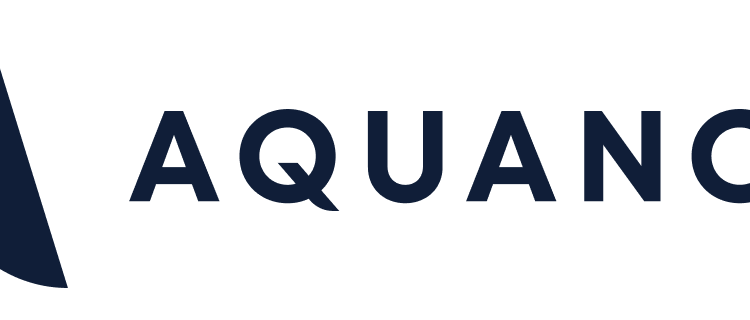
A new crypto broker license issued by VARA in UAE
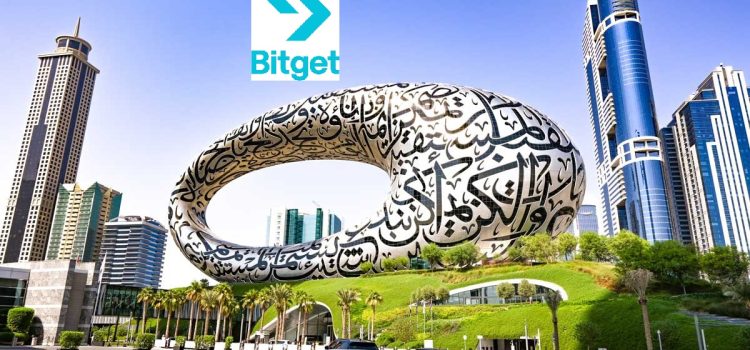
In the past year the UAE has attracted not only international crypto exchanges but it has also attracted home grown GCC crypto players. One of these international crypto exchanges, which sits as the world’s 12th biggest exchange has also set its eyes on MENA and the UAE viewing UAE as a unique jurisdiction.
BITGET Aka Leung, country manager asserts that UAE’s approach to crypto regulation differs from other jurisdictions, emphasizing the uniqueness of each.
Crypto regulations UAE, Hong Kong, Singapore
Speaking to Lara on the Block, Leung explains that UAE has progressively been embracing cryptocurrencies and blockchain technology positioning itself as a hub because of its favourable regulatory environment which allows citizens and residents to own, trade and invest in cryptocurrencies.
Leung affirms that Hong Kong and Singapore have taken a different approach than that of UAE. He states, “Hong Kong has been developing guidelines for cryptocurrency exchanges under its Securities and Futures Commission, striving to balance innovation and investor safeguarding. Meanwhile, Singapore has established a clear regulatory framework through the Payment Services Act, promoting a conducive environment for fintech and blockchain companies.”
He believes that each region has its unique regulatory approach that balances innovation and investor protection and market stability. He adds, “It is essential for industry stakeholders to navigate these diverse regulatory environments to ensure compliance, foster innovation, and build trust within the global crypto community.”
When it comes to the growth of crypto in the GCC (Gulf Cooperation Council) region Leung has seen an increasing interest in not only cryptocurrencies but blockchain technology as governments and businesses explore these applications and their benefits.
Yet he explains that governments in the GCC market should provide clear and comprehensive regulatory frameworks. He explains, “To further stimulate the growth of crypto in the GCC market, regulatory frameworks need to tailor to the unique characteristics of cryptocurrencies that can enhance investor confidence and industry development.”
This should be coupled with “Education and Awareness” about cryptocurrencies and blockchain technology among the general public, businesses, and policymakers.
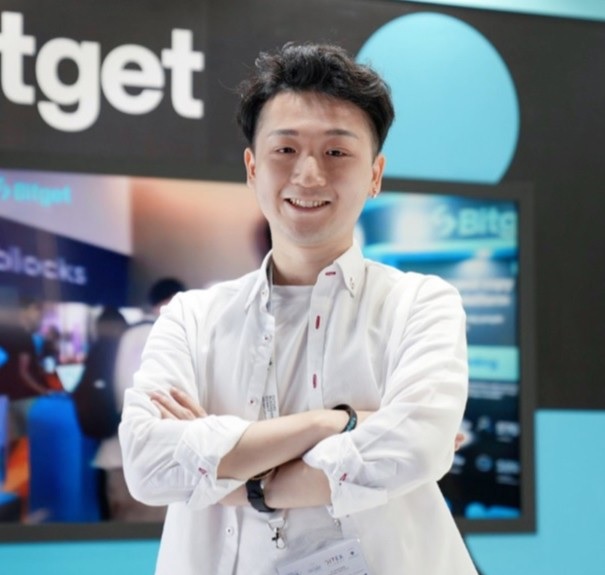
UAE Stablecoin Payment Token Services Regulation came out laying down the rules and conditions by the Central Bank of UAE for licenses pertaining to payment tokens, not allowing algorithmic tokens to be included and only allowing foreign stablecoins to be used to purchase virtual assets, while the AED dirham stablecoin became the only stablecoin to be allowed for payments in the country.
While this is an advancement when it comes to utilizing the AED stablecoin as a legal tender, the question remains how can centralized crypto exchanges do with this new regulation?
Leung believes that centralized crypto exchanges can enhance the credibility of cryptocurrencies and the crypto exchanges themselves by adhering to the UAE Central Bank stablecoin regulations.
He notes, “Operating with regulated stablecoins demonstrates a commitment to compliance and regulatory standards, fostering trust among users and regulatory authorities. It will Increase the “Market Access” The acceptance of stablecoins as legal tender for payments within the UAE expands market access for crypto exchanges.”
According to Leung the UAE stablecoin regulation opens up new avenues for users to engage with cryptocurrencies, promoting adoption and usage across various sectors. He says, “This is a bridge from traditional finance to digital finance.”
Bitget crypto exchange has embraced the MENA region not only by supporting the Arabic language on its website and mobile application in 2023, but also by partnering with crypto payment solution provider allowing users to buy and sell crypto using various local currencies including, AED, EGP, SAR and others.
Currently Bitget is engaged in establishing trust with users and regulatory bodies as it paves the way for the long-term sustainability and growth.
He adds,” We are still exploring license applications to operate in the MENA markets.”
During a recent meeting of the G20 Labour and Employment Ministers’ meeting in Brazil, Shayma Al Awadhi, assistant undersecretary for Communication and International Relations at the UAE Ministry of Human Resources and Emiratization (MoHRE), said the UAE is expected to invest $20 billion in digital technologies such as information technology (IT), telecommunications, artificial intelligence (AI), the Internet of Things (IoT), blockchain, and robotics over the next three years.
The UAE also noted during the G20 meeting that it aims to double the digital economy’s contribution to its GDP from the current level of 9.7 percent to 19.4 percent over the next 10 years.
The acceleration of digital economy’s contribution to UAE’s GDP is intertwined with the growth of digital assets, tokenization, crypto, and stablecoins.
The role of regulated crypto exchanges will be strong.
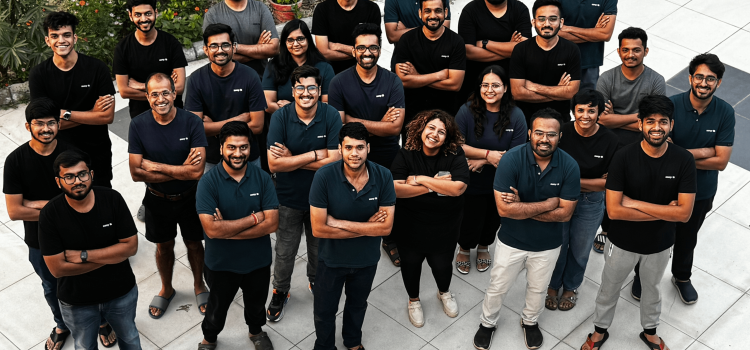
Roma focus is bridging the gap between fiat and digital assets for institutions fiat on ramping, announced that it has obtained an operational Virtual Asset Service Provider license from Dubai’s Virtual Assets Regulatory Authority (VARA).
However Roma states that its license will allow it to offer regulated broker-dealer services in virtual assets, serving customers with digital asset on-ramp/off-ramp, brokerage and OTC services.
Amit Jain, a former Managing Director at Sequoia Capital and Founder of Roma secured a $22 million seed funding round in 2022. The round was led by Sequoia Capital India with participation from several global company CEOs as angel investors towards a mission of building the financial infrastructure of the future, one where tokenization and digital assets are an integral component.
Roma already operates globally with licenses in Europe and Canada, and serves enterprises, financial institutions, funds and family offices, marketplaces and leading Web3 chains and exchanges. Roma is set to launch support for AED local rails on-ramps and off-ramps, and support customers in the region.
Commenting on securing the license, Roma founder Amit Jain said: “We are delighted to receive the VARA license. It has been an absolute pleasure working with VARA in this journey, and we’re looking forward to working closely with their team to shape the future of financial infrastructure globally”.
He added “This is a significant milestone for Roma in our mission towards bridging the gap between fiat and digital assets across the globe, with the absolute highest standards of regulatory compliance. We are excited to partner with customers in the region, as MENA continues to rapidly become a hub for digital innovation globally”.
VARA has already licensed more than 20 VASP operations from Dubai since it commenced its operations.
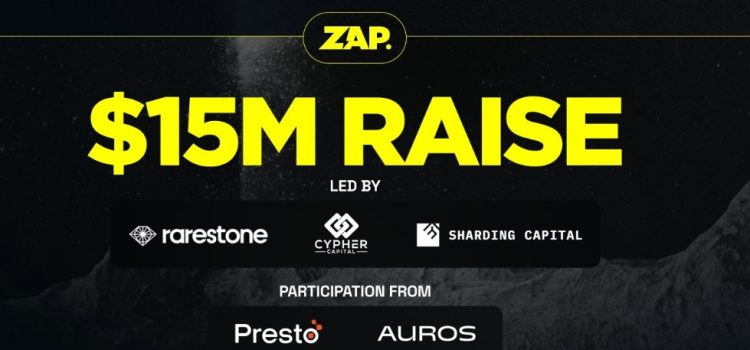
UAE based Cypher Capital leads $15 million investment in ZAP, a powered token distribution protocol built on the Ethereum Layer 2 network, Blast, allowing it to reach a token valuation of $100 million.
As per a post by Vineet Budki, Managing Partner and CEO of Cypher Capital, “ ZAP features a questing and airdrops protocol, a no-code token launcher, and curated launches via ZAP Labs. The token launchpad and no-code token offer users access to venture-backed projects, giving them more options to fully utilize their on-chain activity. ZAP’s developments aim to advance the vision of democratizing access to early-stage investments and creating a fairer crypto space where participants can engage on a level playing field.”
He adds, that Cypher Capital is proud to invest in these innovations, which will address key issues in the airdrop and launchpad space.
As per the ZAP X post, “ZAP is thrilled to announce a successful $15M funding round, led by Rarestone Capital, Cypher Capital and Sharding Capital with support from Presto Labs, Auros Global, and industry angels including LawMaster, Chelsea Jiang of ForesightVen, LucaNetz and many more, including LayerZero Labs.”
According to ZAP, they are committed to building a comprehensive suite of products to make them even more feature rich offering the user experiences found only on the smoothest web2 platforms.
Labs, ZAP’s offerings will be deeper and smoother with more options and better experiences.
ZAP noted on X that with the funding, they will continue to develop innovations and solve key issues in airdrop and launchpad space, as well as grow to new locations and broaden their reach to different blockchain ecosystems.
In addition ZAP noted, “These new developments, and our ongoing ones, all serve to further our vision of democratizing access to early-stage investments, creating a fairer crypto space, and ensuring that all participants can engage on a level playing field.”
pseudonymous founder and CEO Francis told The Block, “ The funding was raised in three recent rounds $900,000 seed last December, $2.1 million private round last month and $12.1 million in an ongoing “vault sale” The seed and private rounds were structured as simple agreements for future tokens (SAFTs).”
“The vault sale will end when we conduct our token generation event in the next few months, Francis said. “If all vaults sell out, we will end up raising a total of $50 million.”
ZAP was valued at $15 million at the time of its seed round, then its valuation increased to $30 million during the private token round and is now valued at around $100 million, Francis said. “Our ongoing vault sale puts our implied fully diluted token valuation at around $100 million,” Francis said.
ZAP recently launched the “Blast Gigadrops” campaign, rewarding users for both their social and on-chain interactions with over 20 Blast ecosystem projects. The campaign boasts a prize pool of around $1 million and has partnerships with projects including Thruster, Particle and MetaStreet.
While ZAP’s token distribution protocol is currently built on Blast, it looks to expand to more blockchains, starting with Base. ZAP is also building a “no-code” token launcher and a token launchpad to offer users access to venture-capital-backed projects.
Francis told the Block that already 12 people are currently working for ZAP in London and the United Arab Emirates, and he is looking to hire a couple more for the engineering function.
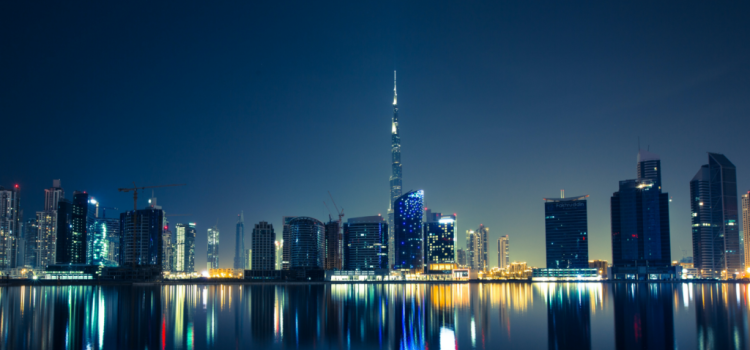
Dubai’s virtual asset regulator (VARA) has hired Nicholas McNicholas as Senior Director of regulatory Affairs and Enforcement. McNicholas previously held the position of Principal supervisor at the European Central Bank (ECB). His experience centers around regulator compliance and enforcement. Prior to his role at the ECB he held the position of senior enforcement lawyer at the Central Bank of Ireland.
As per VARA post, Nicholas McNicholas will be responsible for cooperation with national and international regulators and the enforcement of breaches of the legislative framework including AML.
As per VARA post, “He has been instrumental in shaping regulatory frameworks and leading enforcement investigations across Europe. His expertise in governance and emerging financial technologies will be integral as we continue to drive towards common global standards for the industry.”
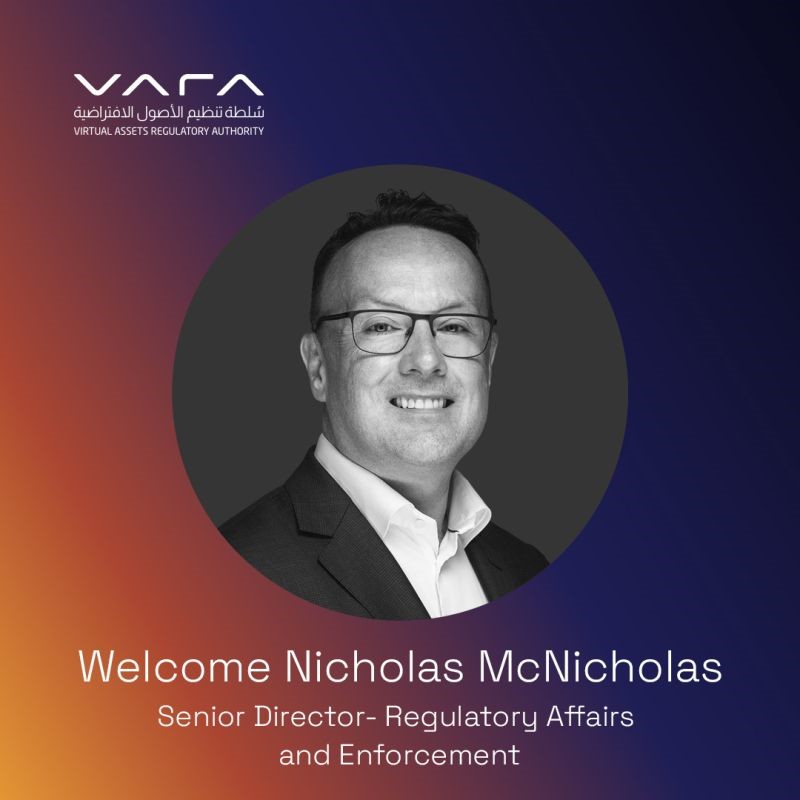
McNicholas noted on his linkedIn page that he will be working together with committed professionals, leading an ambitious program in regulatory development; relationships with local and international regulators; relationships with local law enforcement agencies to ensure fast, effective and robust enforcement mechanism to protect investors.
VARA has been building its virtual asset regulatory framework over the past two years, and recently noted that it plans to cooperate and coordinate more with other regulatory entities across the globe.
The announcement also comes just after the UAE Central Bank came out with its stablecoin regulatory framework.
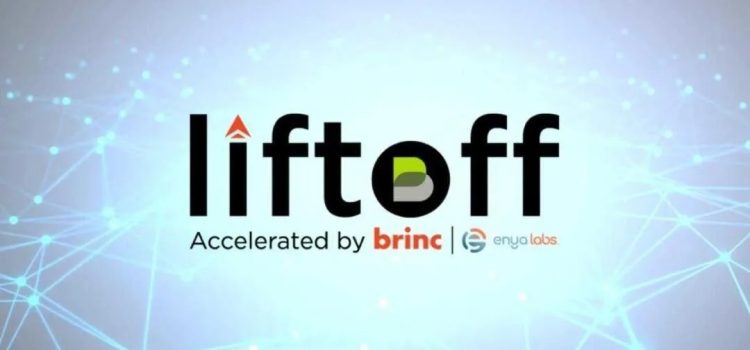
Boba Network, an optimistic-based multichain layer-2 scaling blockchain solution, has launched the Boba Liftoff Accelerator partnering with venture capitalists, free zone areas in the UAE and others from North America and Southeast Asia. The Boba Liftoff accelerator will assist global Web3 startups to benefit from over US$1 million in funding from Boba Network through the virtual accelerator.
Boba Liftoff Accelerator was launched in partnership with UAE based Brinc venture accelerator firm to support founders in migrating their projects to the Boba Network, an efficient layer-2 solution that offers affordable building costs, lower transaction fees, and enhanced computational power through hybrid computing.
Establishing partnerships with industry heavyweights, including Animoca Brands, Bixin Ventures, Ceras, Cointelegraph, DMCC ( Dubai Multi Commodities Center), Enjinstarter, Enya Labs, Gate.io, Genesis Capital, Ghaf Capital Partners, Gotbit, Mulana Capital and The Crypto Times, the Boba Liftoff Accelerator boasts a strong network of 100 Web3 mentors and includes top investors from MENA, North America, and Southeast Asia. For example EnjinStarter was already a launchpad partner for Boba.
The Boba Liftoff Accelerator aims to identify and mentor leading Web3 startups focused on scaling real-world assets (RWA), AI, DeFi and gaming projects. All successful applicants receive milestone-based grants, comprehensive technical support and strategic business development resources. Participants will also gain lifetime access to the network, ongoing support, and extensive promotion across Boba and Brinc’s global communities and social media platforms.
The Boba Liftoff Accelerator program lasts 10 weeks and is designed to support projects in expanding onto the Boba Network and scaling rapidly. The program leverages Brinc’s and Boba’s robust networks, mentors, and social platforms to promote projects. It is entirely remote, featuring two workshops per week, engineering support from Boba Network, weekly mentorship sessions, investor and partnership connections as needed, and weekly office hours.
“We envision a world where blockchain developers can build applications that use the power of decentralization to solve real-world problems. The Boba Liftoff Accelerator enables developers to do just that, with support from industry experts, to accelerate their progress. We can’t wait to see what they build and support them on their journeys.” Alan Chiu, CEO, Enya Labs, a core contributor to Boba Network.
“This program represents a major investment in the future of Web3,” said Yasin Aboudaoud, Managing Partner – MENA and Chief Development Officer, Brinc. “With Boba Network allocating over US$1 million to support startups in DeFi, RWAs, Gaming, and AI, we are not only advancing these key sectors but also reinforcing Dubai’s position as a global hub for technological innovation.”
For more information on the application process and eligibility criteria, please visit the accelerator page.
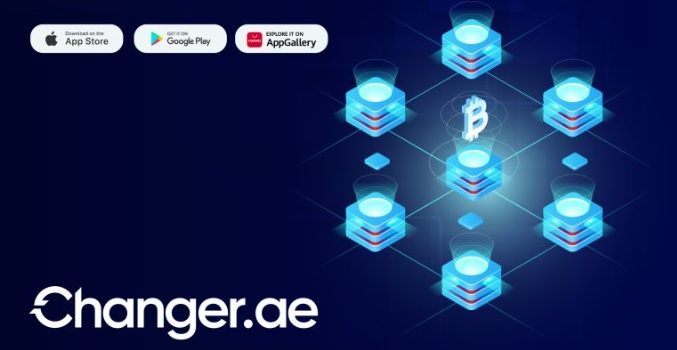
UAE based Changer.ae an independent crypto custodian service, has obtained the regulatory approval from the Financial Services Regulatory Authority (FSRA) of Abu Dhabi Global Market (ADGM) to conduct the Regulated Activity of Dealing in Investment as Agent. In addition to conducting the Regulated Activity of Providing Custody and offer investors a reliable, convenient, and accessible wallet to safeguard and manage their Virtual Assets, Changer will now be able to securely and seamlessly deal in investments as an agent.
The platform is dedicated to securing users’ Virtual Assets and provides an elevated digital experience and is complemented by a transparent subscription-based monthly service according to the assets held under custody. In addition to Providing Custody, Changer is will launch a new exchange service that provides banking-grade escrow services for secure transactions. This initiative underscores Changer’s commitment to delivering a secure, simple, and seamless digital experience.
As per the announcement, cryptocurrency investors worldwide can easily access Changer’s services via the user-friendly Changer mobile application, available on the App Store, Google Play Store, or Huawei App Gallery.
Wang Hao, CFA, CFtP, Senior Executive Officer of Changer, commented, “We are proud to obtain the FSP license, targeting individuals globally and providing them with a reliable, convenient, and accessible wallet to safeguard and manage their virtual assets. This license marks a significant milestone, highlighting our dedication to delivering a secure, simple, and seamless digital custody service that is independent and regulated”.
changer.ae received the Financial Services Permission (FSP) license by the Financial Services Regulatory Authority (FSRA) in the Abu Dhabi Global Market (ADGM) for crypto custodial services in September 2023.
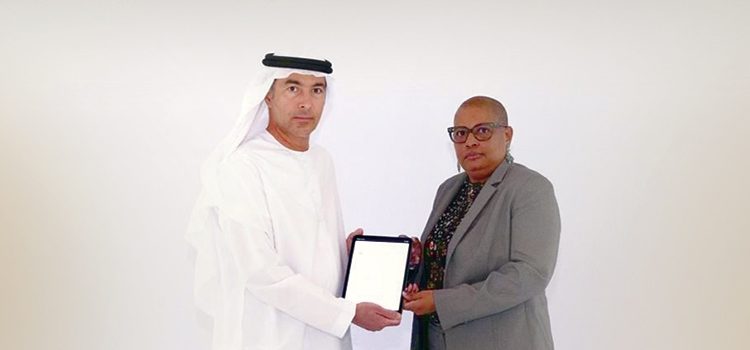
The Central Bank of UAE, and the Central Bank of Seychelles have signed two MOUs (Memorandum of Understanding), to utilize local currencies in settling cross border financial and commercial transactions, with the aim of extending this to CBDCs (Central Bank Digital Currencies).
As per the press release, His Excellency Khaled Mohamed Balama, Governor of the Central Bank of the UAE (CBUAE), and Ms. Caroline Abel, Governor of the Central Bank of Seychelles (CBS), signed today in Abu Dhabi two Memorandums of Understanding (MoU) regarding enhancing the use of local currencies in settling cross-border financial and commercial transactions, and interlinking payment and messaging systems between the two countries.
The first MoU aims to establish a framework to promote the use of local currencies in settling bilateral commercial transactions, developing the exchange market and to facilitate bilateral trade and direct investment, remittance settlement, and financial market development.
Under the second MoU, both parties will consolidate cooperation and mutual benefit from the services of instant payment platforms, electronic switches and messaging systems, by directly linking them in accordance with the regulatory requirements in the two countries.
This includes interlinking the Instant Payments Platform (IPP), which the CBUAE is developing within the Financial Infrastructure Transformation Program, and the similar platform in the Republic of Seychelles, and between systems and electronic switches to facilitate mutual acceptance of local cards and processing their transactions, in addition to exploring the possibility of linking messaging systems and cooperation in the field of FinTech and Central Bank Digital Currencies.
His Excellency Khaled Mohamed Balama, Governor of the CBUAE, commented, “The signing of the Memorandums of Understanding reflects the Central Bank’s keenness to expand its relations with regional and international counterparts, to enhance UAE’s economic and commercial partnerships globally. The use of the two countries’ currencies for cross-border financial and commercial transactions reflects the growing trade, investment, and financial cooperation and contributes to reducing costs and saving time in settling transactions. This helps in developing the foreign exchange market in the UAE dirham and the Seychellois rupee, leading to enhancing trade exchanges, investments, and remittance between the two countries”.
Ms. Caroline Abel, Governor of the CBS, added “For small open island economies like Seychelles, the importance of an effective and efficient financial system to facilitate trade cannot be overemphasised. The agreement to develop and gradually implement the necessary framework to promote the use of our respective national currencies, the UAE Dirhams and the Seychelles Rupees, in cross-border transactions can further facilitate trade relations between stakeholders across the two jurisdictions. With the Central Bank of Seychelles spearheading efforts to modernise and develop the Seychelles national payment system, in line with the Government’s digital economy agenda, the opportunity to collaborate on interlinking our payment and messaging systems will facilitate the processing and settlement of cross-border financial transactions between the two countries. We look forward to learning from the experiences and expertise of the Central Bank of the UAE as we endeavour to keep pace with developments within the global payment landscape and further leverage technology and innovation for more seamless processing and settlement of payments, including cross-border payments.”
This comes a day after, the CBUAE and the Central Bank of Indonesia signed an MOU to establish a framework to enhance bilateral cooperation in the area of payment systems.
His Excellency Khaled Mohamed Balama, Governor of the CBUAE, said: “This MoU embodies the growing economic partnership between the UAE and Indonesia. It is an important pillar which seeks to support bilateral relations in the fields of trade and investment and enhance the UAE’s role in global trade. Today, we are presented with an important opportunity to bolster our cooperation with Bank Indonesia across all financial and banking fields, including financial technology, innovation, and digital payments. This reinforces our wider efforts to support the UAE’s objective of becoming a leading global hub for financial technology and digital and cross-border payment solutions.”
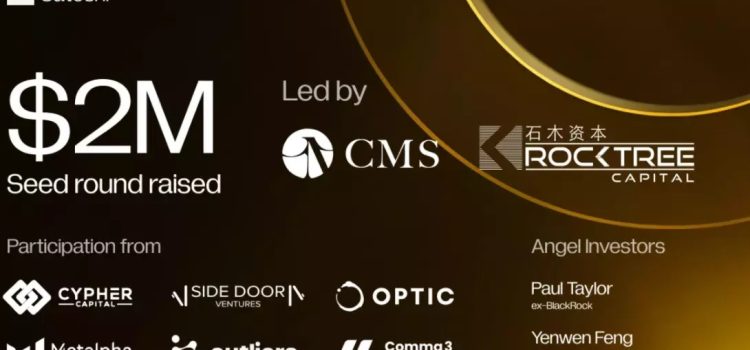
UAE Cypher Capital, a multi strategy crypto investment firm, has invested along side lead investor CMS Holdings and Rocktree Capital in Satoshi Protocol, the first stablecoin protocol backed by Bitcoin. Satoshi Protocol has raised $2 million in its seed round.
As per the press release, Satoshi Protocol will utilize the seed funding to strengthen its security measures, expand integrations across multiple Layer 2 solutions, and increase its global presence. The protocol has integrated across platforms within the Bitcoin ecosystem, including BOB, Bitlayer, BEVM, Core Chain, Botanix, B^2, Alys/Anduro (Marathon Holding), and Omni Network. It recently collaborated with Binance Web3 Wallet Campaign, engaging over 172,000 users.
“The support from our investors is crucial as we work towards creating a universal stablecoin that meets the needs of Bitcoin users,” said Naka, Founder & CEO of Satoshi Protocol. “This funding allows us to achieve these critical development and market goals.”
Satoshi Protocol enables users to collateralize BTC/LST to mint the stablecoin $SAT on both Bitcoin mainnet and multiple Layer 2, pioneering a utility and stable asset on the Bitcoin ecosystem.
“Satoshi Protocol’s approach to integrating stablecoins is a real leap forward within the Bitcoin ecosystem,” commented Vineet Budki, Managing Partner at Cypher Capita. “This investment reflects our confidence in its ability to enhance liquidity options for Bitcoin users and Bitcoin’s overall utility.”
This is the second Bitcoin startup investor for Cypher Capital this year. It invested in February in Velar DeFi startup. It also co-led a $2.4 million investment round in German blockchain data analytics firm BitsCrunch.
The Blockchain scene is witnessing increased investments in stablecoin solutions and payment platforms. PEXX a fintech startup specializing in cryptocurrency and blockchain technology, today announced the successful closure of a $4.5 million seed funding. The investment will propel the development of the company’s innovative stablecoin to fiat payment platform.
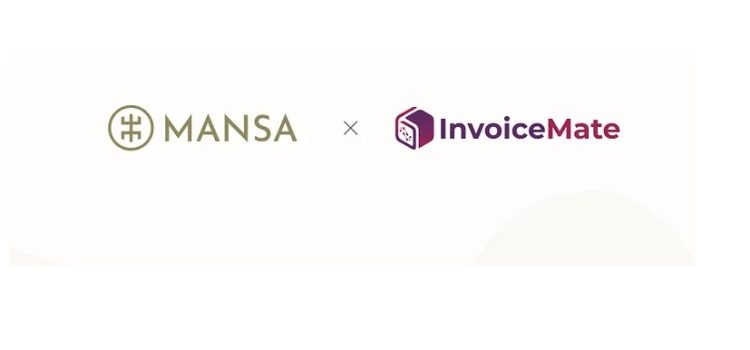
Mansa, a DeFi liquidity provider for emerging markets has partnered with UAE based InvoiceMate, a blockchain and AI-powered invoice management and financing solution. As per the medium post, this collaboration aims to optimize the efficiency of liquidity provision to export and payments companies in emerging markets through Mansa’s decentralized credit financing protocol and InvoiceMate’s advanced AI-driven financing solution.
InvoiceMate provides detailed invoice verification, enabling liquidity providers to gain a comprehensive understanding of the risks and strengths associated with any issuance. Their privacy-preserving technology incorporates real-time data to validate and monitor invoice authenticity, generating dynamic credit scores with automated precision. In doing this both will bring emerging market financing on-chain, while still ensuring lenders can accurately quantify their risk.
By leveraging real-time data through a privacy-preserving infrastructure, InvoiceMate enables borrowers to validate their invoices from third-party sources, including bank accounts, loan tracking software, and custody solutions, all while maintaining data privacy.
Mansa sources DeFi liquidity from institutional and accredited investors to provide short-term liquidity to companies in the export and payments sectors, guided by their evolving credit scores.
Already, UAE based InvoiceMate in collaboration with The Internet Computer (ICP) blockchain has tokenized over 100 K invoices worth more than $220 million. InvoiceMate, is a platform for invoice tokenization recognized by Deloitte.